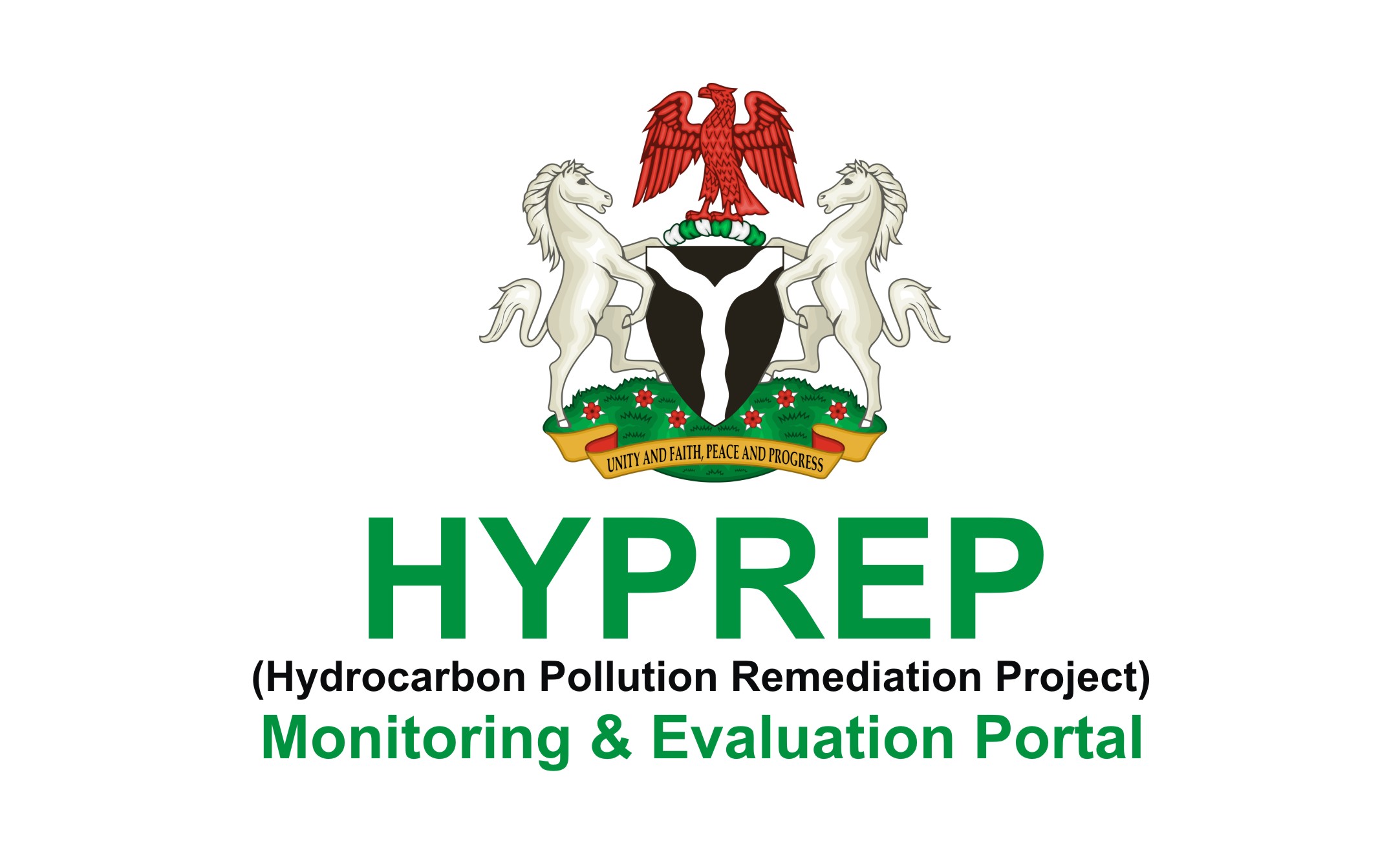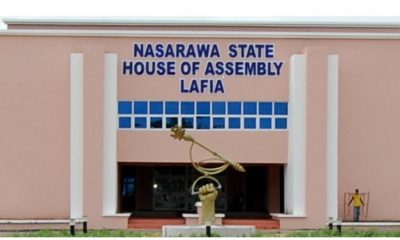Business
Food Security: Expert Harps On Improved Cassava Processing
A prominent agricultural economist and researcher, Dr. Adekunle Stephen Toromade, has stated that modern cassava processing would enhance food security and elevate Nigeria to greater economic heights.
Toromade emphasised the need to address occupational hazards and economic challenges faced by cassava processors to improve productivity and tackle global food security issues.
He explained that the cassava processing industry is plagued by occupational hazards that severely affect the health and economic well-being of processors, contributing to widespread poverty.
He stressed that addressing these hazards and challenges is crucial for enhancing productivity and sustainability.
“Cassava processing is crucial for many rural communities in Nigeria, involving tasks such as peeling, grating, fermenting, and drying to produce essential food products like garri, fufu, and tapioca.
“Despite its importance in the agricultural value chain, the industry is burdened by occupational hazards that severely affect the health and economic well-being of processors, contributing to widespread poverty”, Toromade said.
While discussing a comprehensive study to examine these challenges, Toromade noted that his research focused on the difficulties faced by cassava processors in three local government areas known for their high cassava production.
“Food security in Nigeria continues to deteriorate. Studies like this provide valuable insights into how improving conditions for food processors can help tackle food insecurity.
“One of the most striking findings of the study is that cassava processing is predominantly carried out by women. Many of these women, who are the primary breadwinners for their families, face numerous occupational hazards that exacerbate their poverty status.
“The study revealed that 46% of cassava processors are moderately poor, with a significant portion—about 69%—of their income spent on medical treatment and other family expenses, further deepening their poverty.
“Additionally, smoke inhalation during cassava processing ranked as the most prevalent occupational hazard for the processors.
“Studies have shown that smoke inhalation can severely impact both the health and productivity of processors. Chronic exposure to smoke can lead to respiratory issues and other serious health conditions, diminishing workers’ efficiency and livelihoods.
“This health decline results in high medical expenses, further straining the already limited financial resources of these processors. Factors such as larger household sizes and other health issues related to occupational injuries exacerbate their poverty”, Toromade added.
In addition to this technological advancement, Toromade emphasized the pressing need for extensive training programs to educate cassava processors on occupational safety.
Strengthening extension services to offer regular training on best practices and safety precautions can greatly improve workers’ health and productivity.
He said Government and NGO interventions are essential to make automated food processing machines more affordable, as well as providing subsidies to make protective gear more accessible.
Enhancing healthcare access to provide timely treatment for occupational injuries is also crucial for ensuring the well-being of these workers.
In his study, Toromade utilized blockchain, AI, IoT, and big data for real-time monitoring of critical parameters such as temperature, humidity, and location in agricultural systems.
This approach enhanced food supply chain management and optimised conditions in the food supply chain, particularly in cassava processing, reducing both waste and energy loss.
Toromade’s work has significantly contributed to improving the quality of life for cassava processors and potentially reducing their economic losses from excessive medical expenses.
Beyond addressing occupational hazards, implementing these recommendations to protect this essential workforce can significantly contribute to poverty alleviation in rural areas and enhance the economic prosperity of cassava processors.
Business
NCDMB, Dangote Refinery Unveil JTC On Deepening Local Content

Business
Industry Leaders Defend Local Content, … Rally Behind NCDMB

Business
Replace Nipa Palms With Mangroove In Ogoni, Group Urges FG, HYPREP

-

 Business1 day ago
Business1 day agoIndustry Leaders Defend Local Content, … Rally Behind NCDMB
-

 Politics1 day ago
Politics1 day agoNasarawa Speaker Advocates Conducive Executive/Legislature Relations
-
Niger Delta1 day ago
Delta Leverages On Extensive River Networks To Drive Blue Economy
-
News1 day ago
FG Renames University of Maiduguri After Buhari …As Tinubu Pours Encomiums On Late President
-
News1 day ago
PCRC Dismisses Claims Of Police Strike As Fake, Mischievous
-

 News1 day ago
News1 day agoRivers PDP Debunks Sale Of LGA Election Forms
-
Niger Delta1 day ago
Bishop Mocks Fake Prophecy Seekers … As Priests Relive Challenges At Ordination Ceremony
-
Rivers1 day ago
Macobarb CEO Cries Out, Says No Indigenous Contractor Can Win Case Against NLNG Or Oil Majors in Nigerian Courts …As Justice Nwogu Throws Out Macobarb’s N5.74bn Claim

